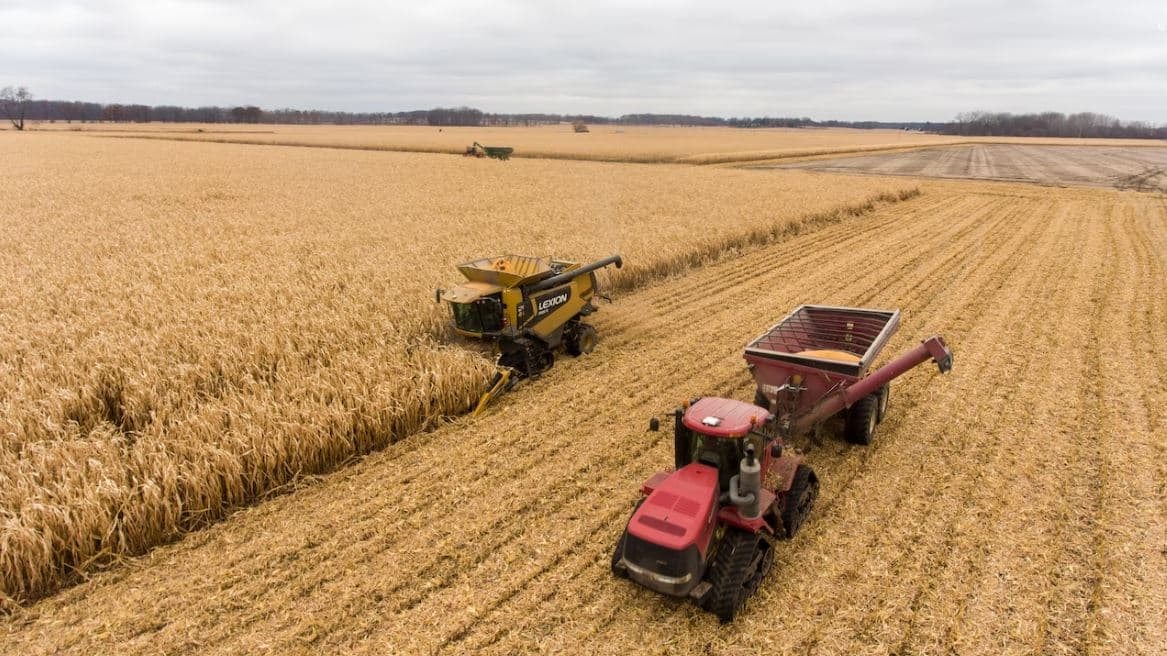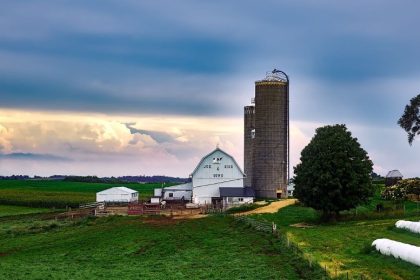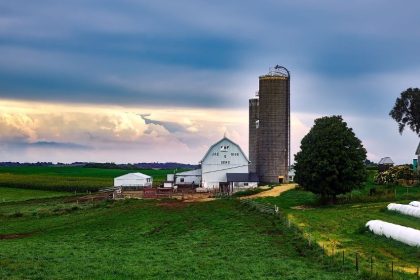American Farm Bureau Establishes 2023 Farm Bill Priorities

WASHINGTON — The American Farm Bureau Federation has released its priorities for what will no doubt be the most consequential legislation for agriculture in 2023 — renewal of the farm bill.
The priorities, published earlier this month, were drafted by a working group of Farm Bureau members and staff from across the country.
For those who don’t know, the farm bill is an omnibus, multi-year law that governs an array of agricultural and food programs.
It provides an opportunity for policymakers to comprehensively and periodically address agricultural and food issues. Farm bills traditionally have focused on farm commodity program support for a handful of staple commodities — corn, soybeans, wheat, cotton, rice, peanuts, dairy and sugar.
Farm bills have become increasingly expansive in nature since 1973, when nutrition was first included.
Other prominent additions since then include horticulture and bioenergy and expansion of conservation, research and rural development.
The federation, a lobbying and advocacy group that represents the American agriculture industry, said its overarching priority is getting Congress to continue current farm bill program funding — roughly $205 billion over 10 years.
They are also urging members to maintain both nutrition programs and farm programs; prioritize risk management tools that include federal crop insurance and commodity programs; and ensure adequate Department of Agriculture staffing and resources to provide technical assistance.
“The farm bill is the most significant piece of legislation that affects farmers and ranchers across the country,” said AFBF President Zippy Duvall, in a written statement.
“Since enactment of the 2018 farm bill, farmers have faced significant challenges from market volatility, increased input costs and devastating natural disasters,” Duvall continued. “Despite these headwinds, farmers and ranchers have met the needs of consumers both here and abroad while continuing to improve our environmental stewardship.
“We look forward to working with Congress to ensure the appropriate resources are available to craft farm policy that reduces food insecurity, bolsters national security and encourages long-term stability for all of our farm and ranch families,” he continued.
More than 60 recommendations over multiple titles of the farm bill included reference price increases for commodities, more transparency for milk checks, funding for conservation programs, rural development and streamlining of nutrition programs to get food to those who need it most.
The AFBF board of directors voted unanimously to approve the recommendations. Final approval of policy priorities will come by a vote of delegates at the AFBF Convention in Puerto Rico in January 2023.
Dan can be reached at [email protected] and @DanMcCue























